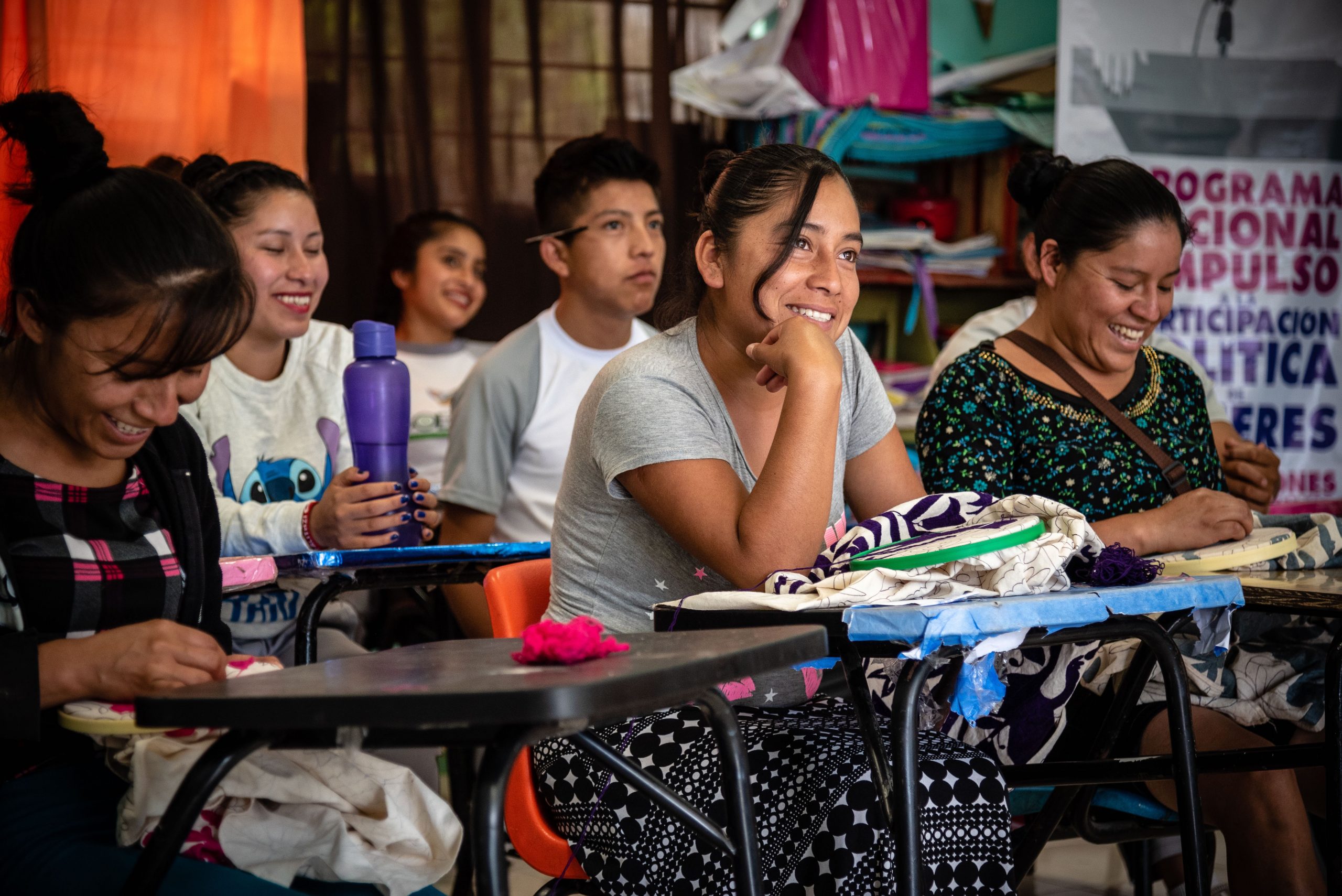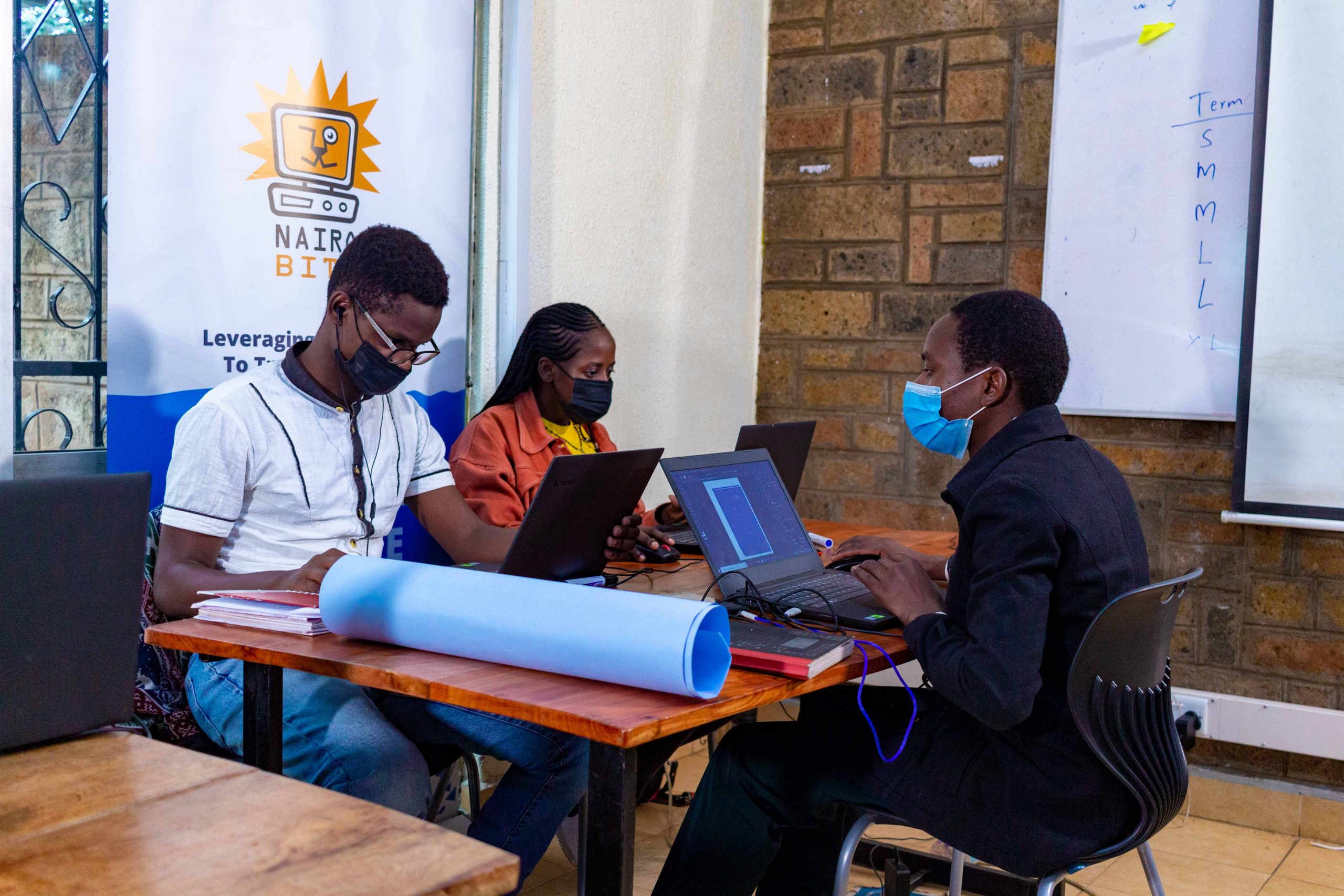Category: Nonprofit Partner Overviews
-
Education Access in Uganda with the S.O.U.L. Foundation
Lack of Education Access in Uganda Uganda is one of the youngest countries globally, with 78% of the population under the age of 30. Less than 10% complete secondary school. In districts where the S.O.U.L. Foundation works near the industrial hub of Jinga, there is potential for meaningful employment. Still, most youth will continue to…
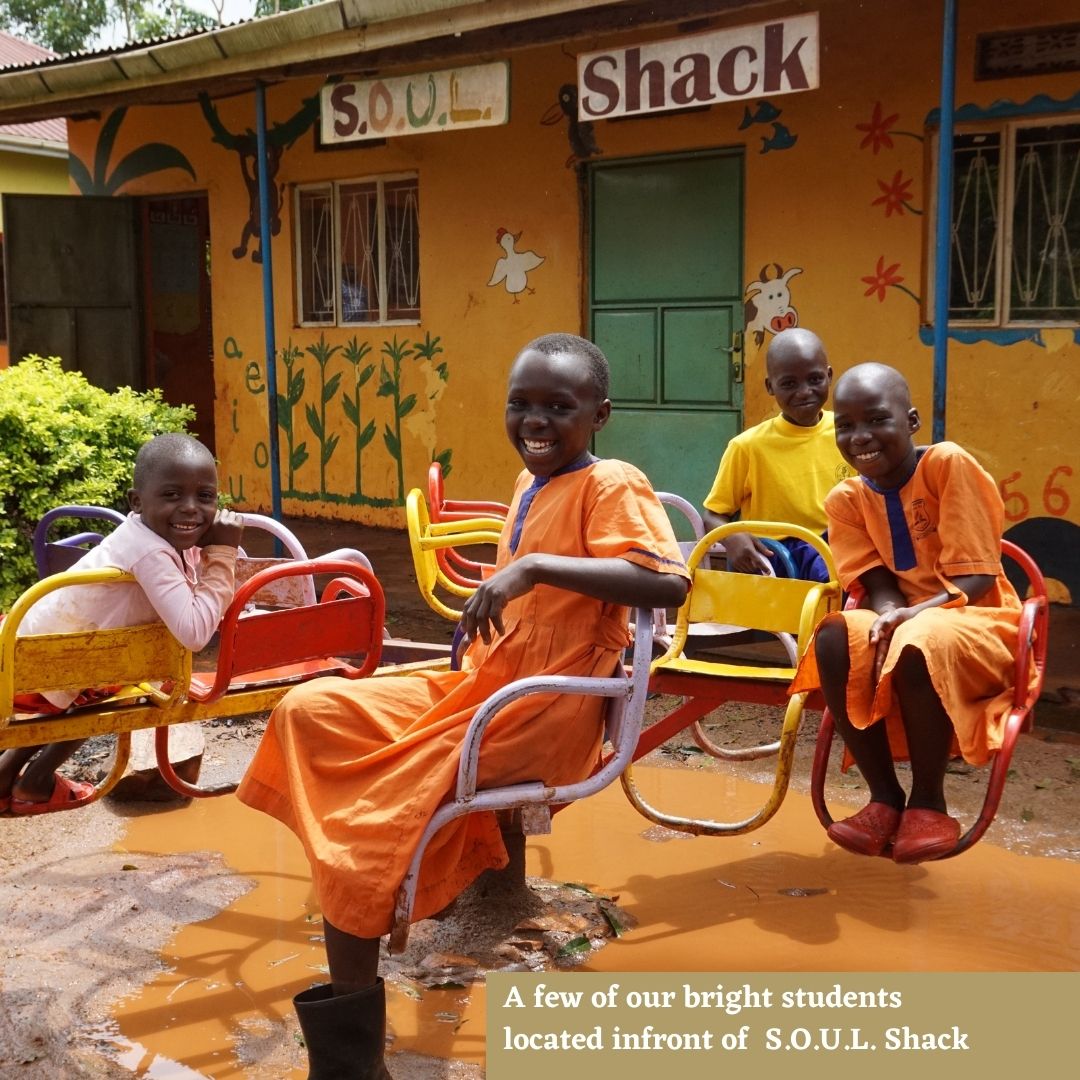
-
Digital Skills for Refugee Girls with RefuSHE
Refugees in Nairobi Lack Supportive Resources More than 80,000 asylum seekers and refugees live in Nairobi, Kenya, mainly from Somalia, South Sudan, the Democratic Republic of the Congo, and Ethiopia. Among the most vulnerable of Nairobi’s refugee population are unaccompanied refugee girls and young women. Many fall victim to gender-based violence and early marriage. With little to…
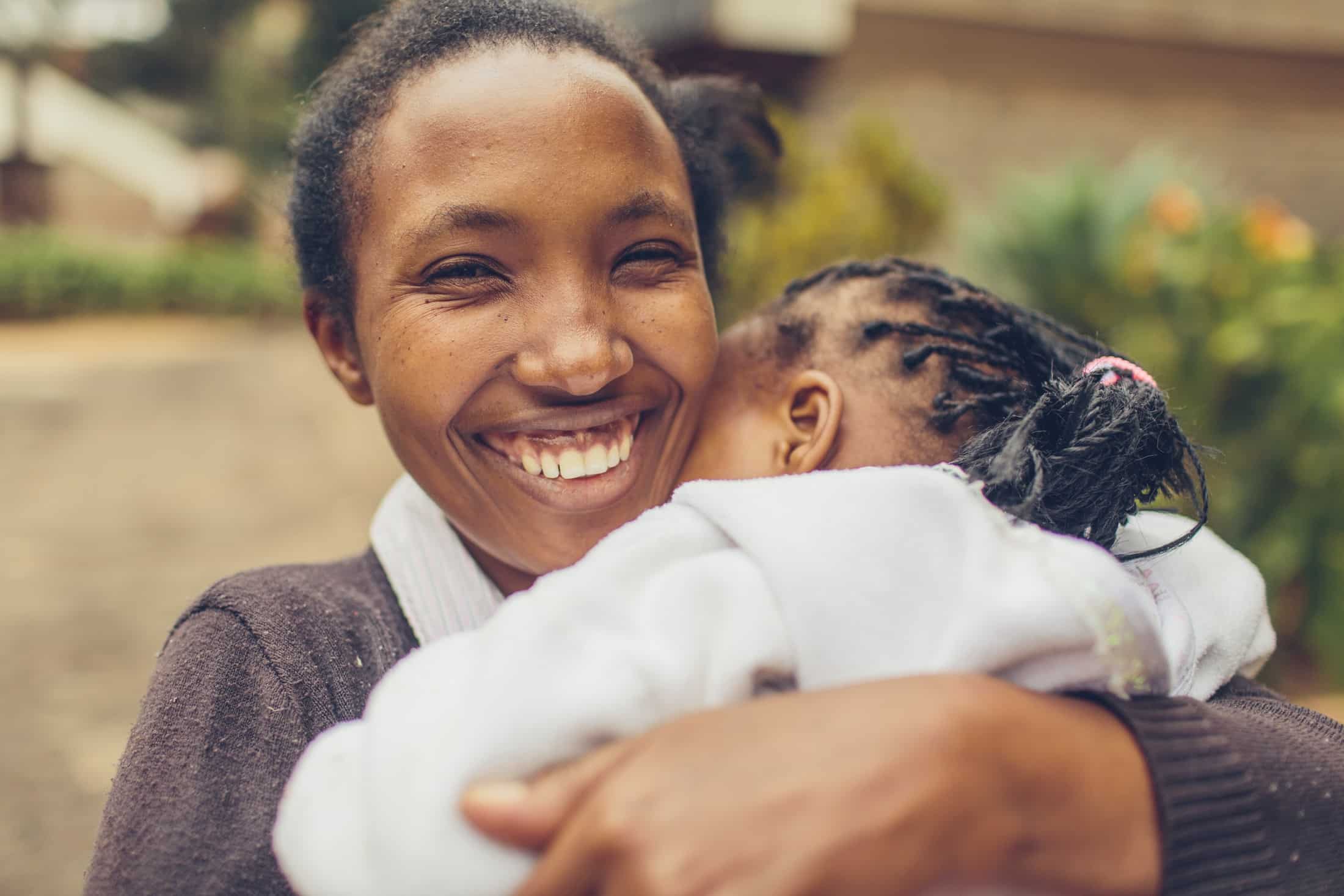
-
Afterschool Program in Peru to Improve Quality of Education
Gap in Primary Education for Peruvian Students According to the World Economic Forum, Peru ranks in the bottom 10% in the quality of primary education. The district of Ventanilla, where Kantaya works, is one of the most impoverished districts surrounding Lima, with a 30% poverty rate. Only 1 in 3 children finish secondary school and…
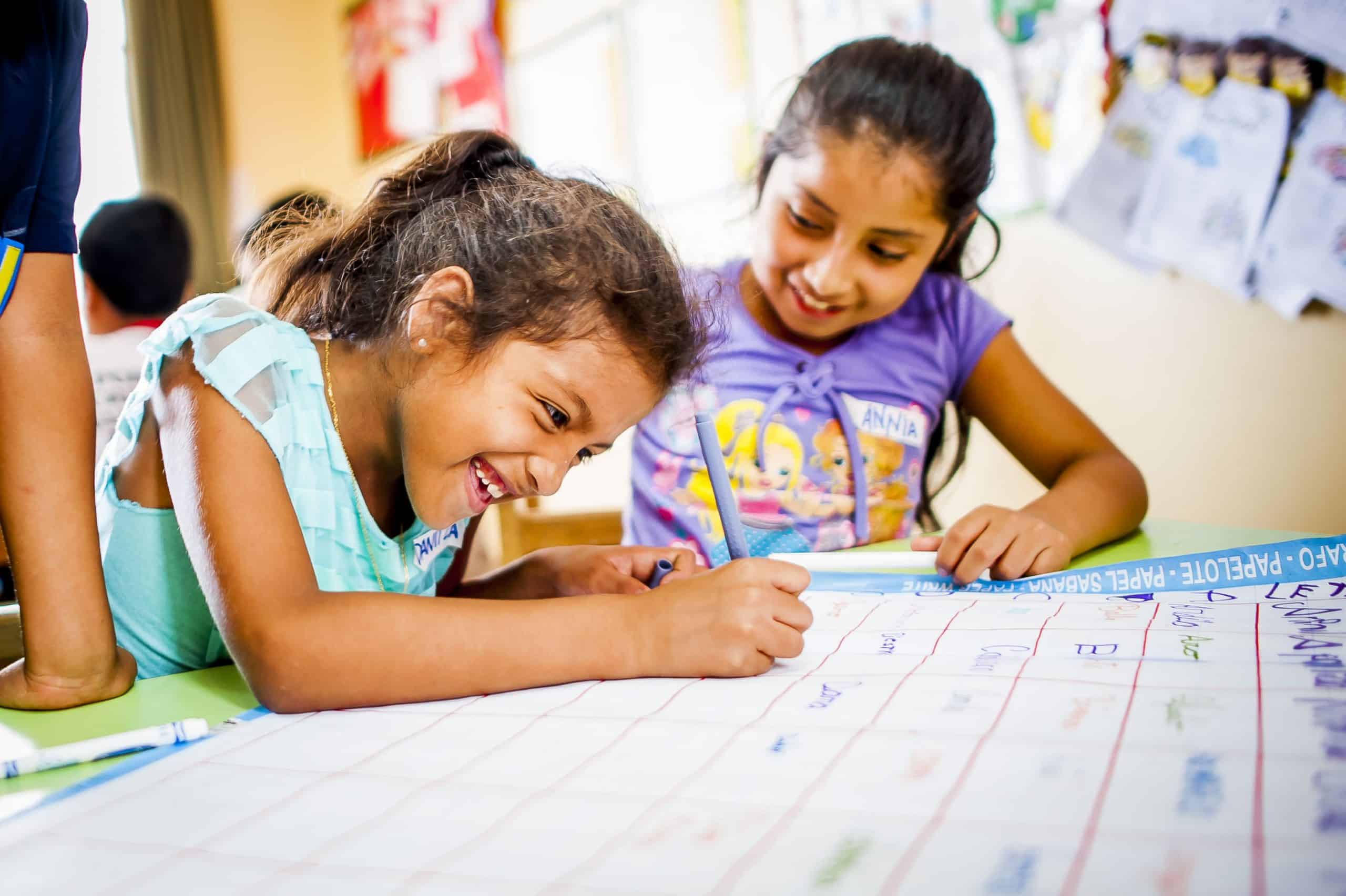
-
Bridging the Digital Divide with Technology Labs in Kenya
Lack of Technological Access in Rural Kenya Over 70% of families Kenya Connect serves in rural Kenya live in extreme poverty (less than $2 per day). The biggest challenge facing students in rural public schools is the lack of classroom resources, including devices and the internet. As Kenya has become a technology leader in east…
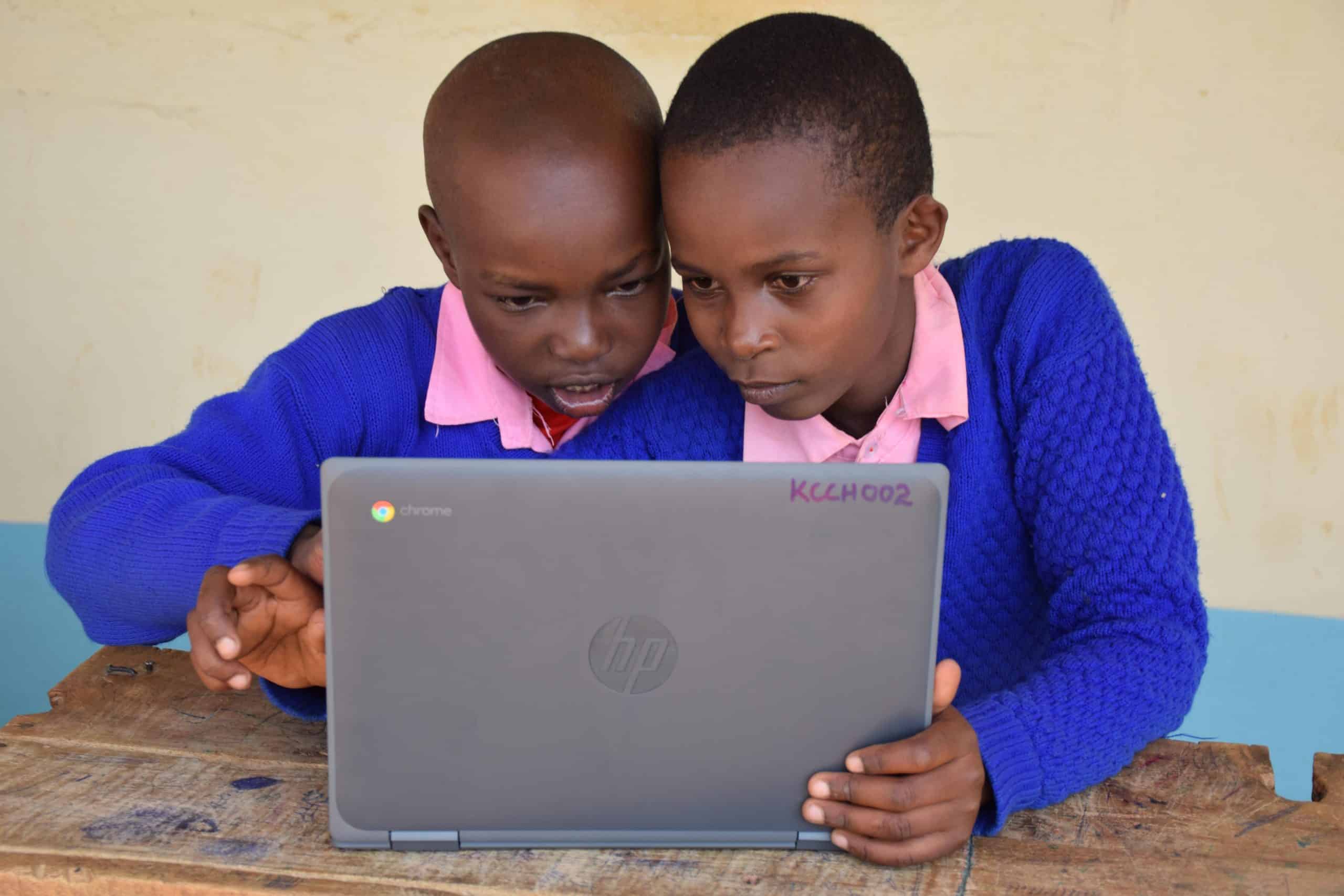
-
Adaptive Learning in Jordan with Questscope
Jordanian Children Lack Access to Educational Resources In Jordan, over 112,000 young people do not attend basic education, and an additional 40,000 children are at risk of dropping out every year (UNICEF). This leads to a large cohort of young people without sufficient education and means to pursue meaningful unemployment. Even more, adaptive learning in…
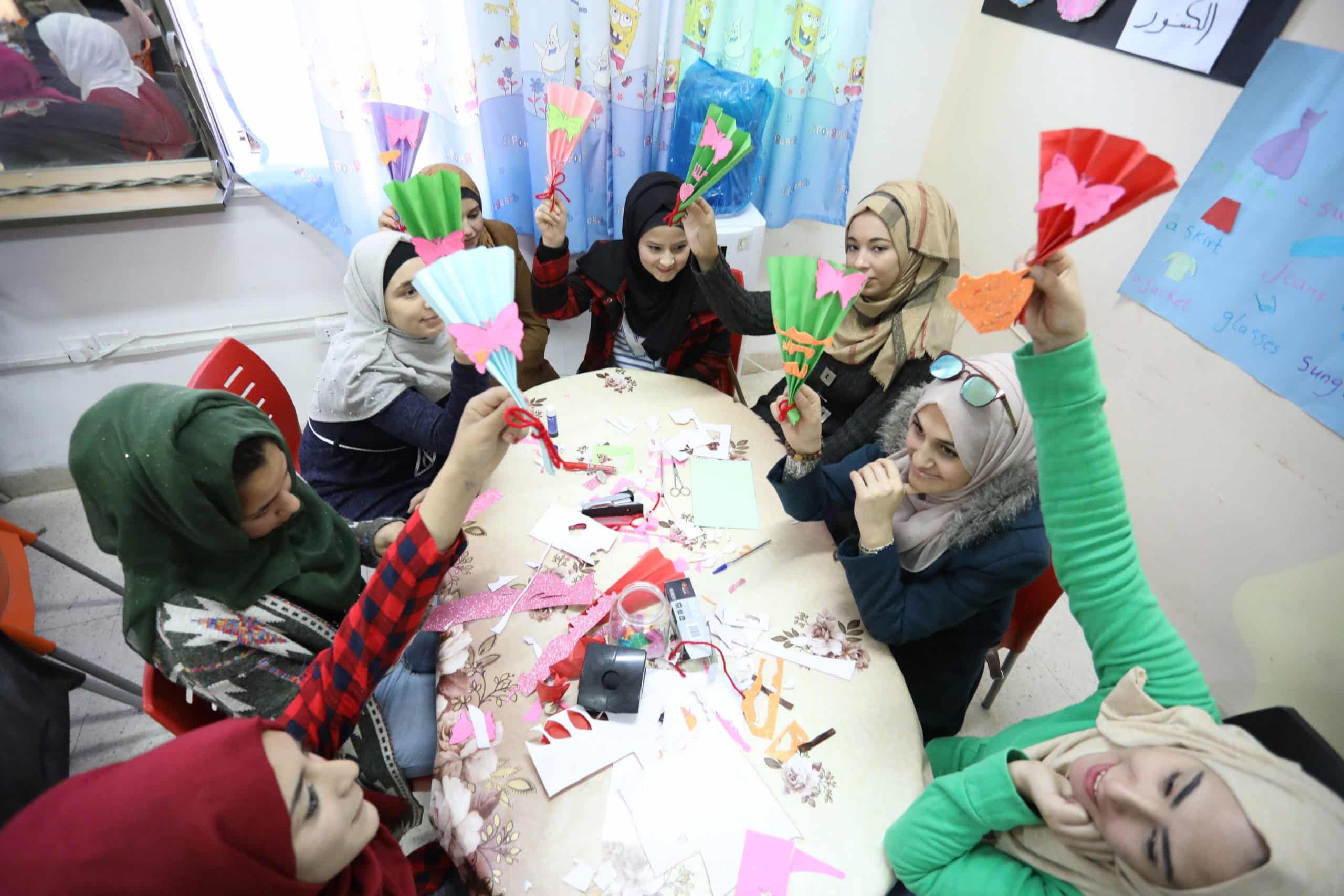
-
Providing Quality Education for Maya Women with MAIA
Indigenous Women and Girls Lack Access to Education Education for Maya women and girls falls below the Guatemalan average. They make up the most marginalized group in Guatemala, as fewer than 20% complete high school and only an average of four years of schooling. In Sololá, the city where MAIA operates, 57% are married or…
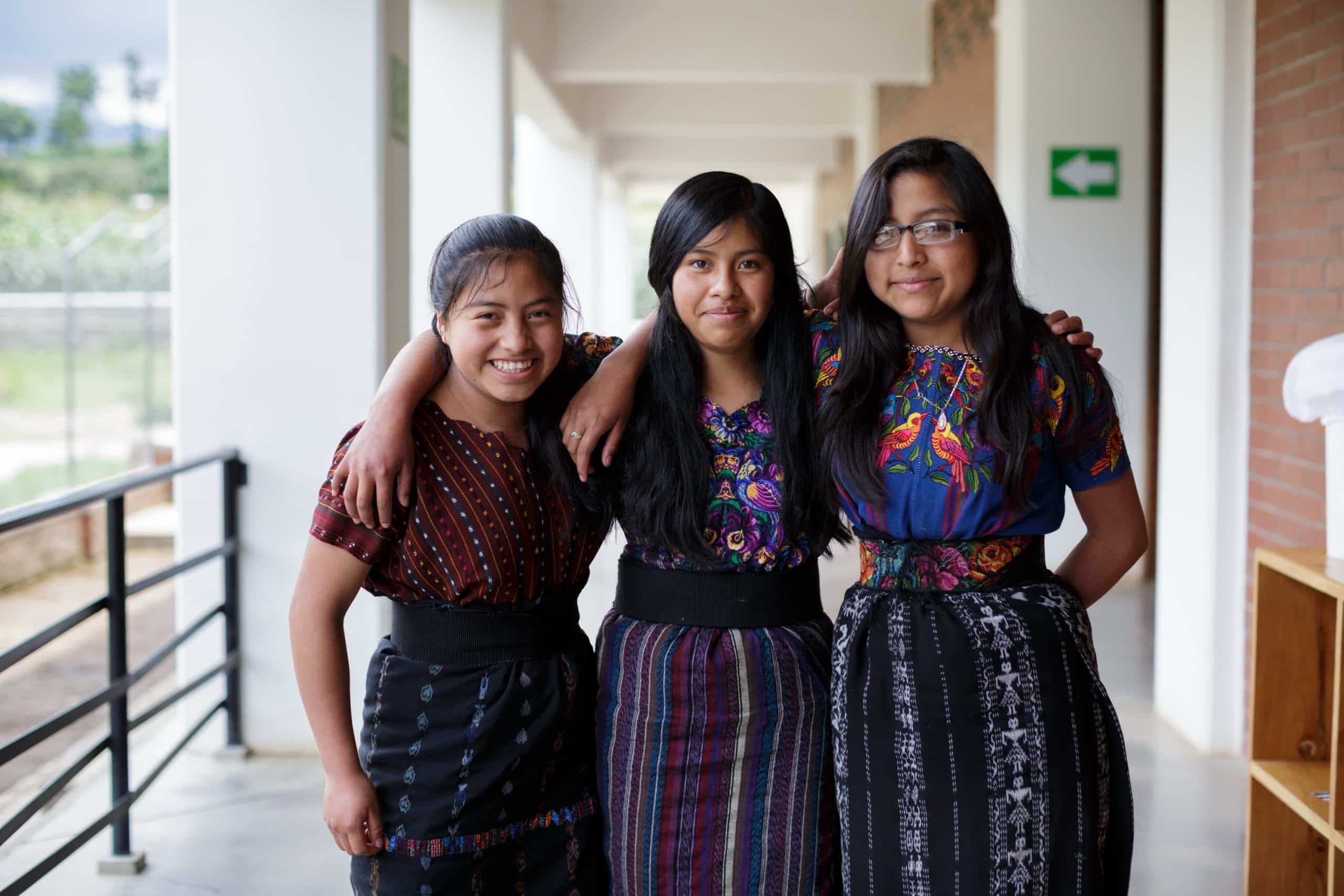
-
Dignitas supports online learning in Kenya
Overpopulation Impacts Kenyan Education On the eastern side of Nairobi, in Kenya’s capital city, lies the Mathare Valley Slum. In this high-density settlement, overpopulation is a severe issue as there are only three government-run primary schools that could not adequately accommodate the 150,000 school-aged children. In the midst of the COVID-19 pandemic, online learning in…
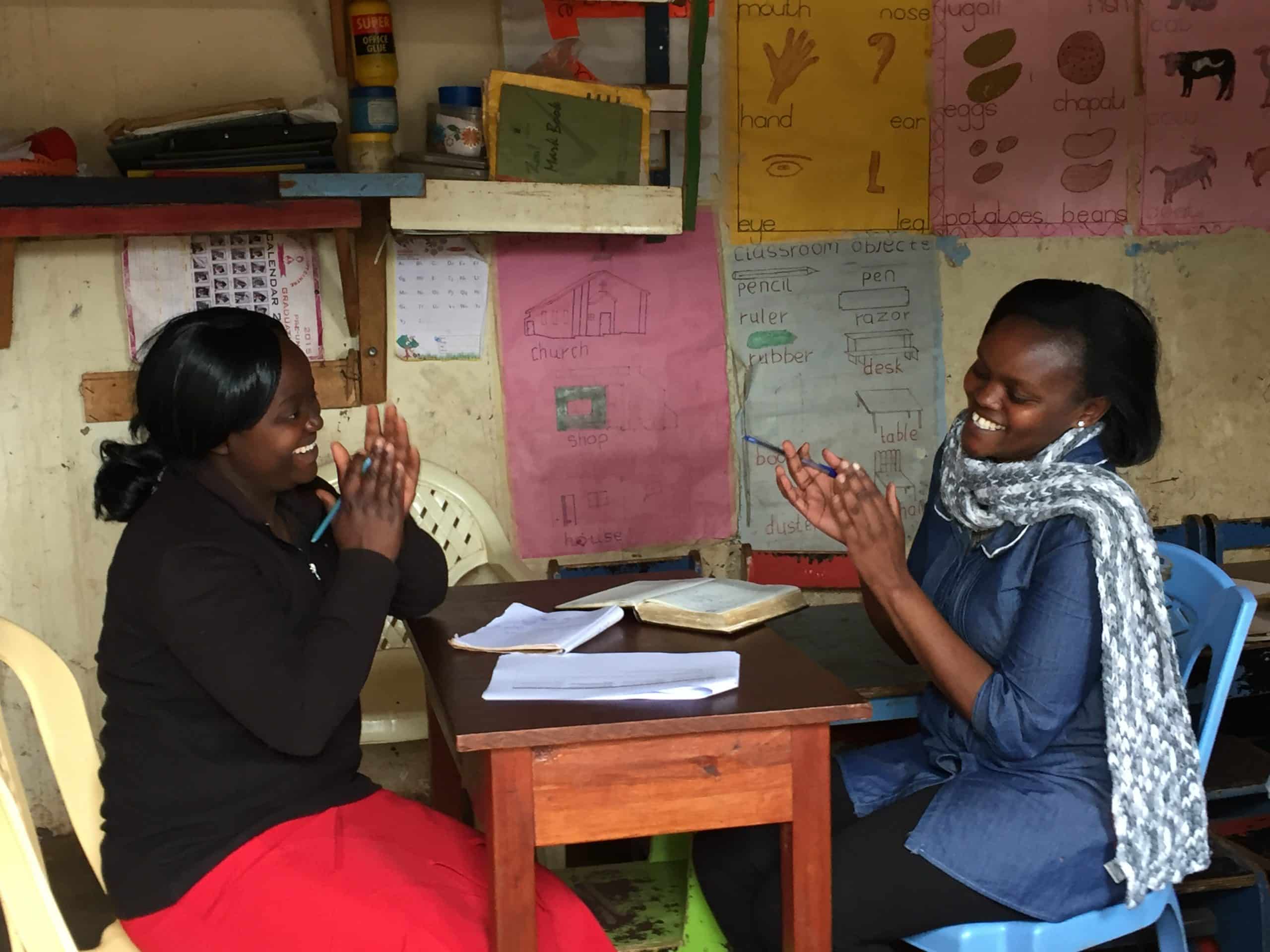
-
Digital Training for Girls in India with CorStone
Education for At-Risk Women and Girls in India Married and pregnant before the age of 18 — it’s a reality for over half of women in impoverished Bihar, India. Early marriage sets a trajectory for women that limits prospects for life. These marginalized youth need resilience to self-advocate for their right to stay in school…

